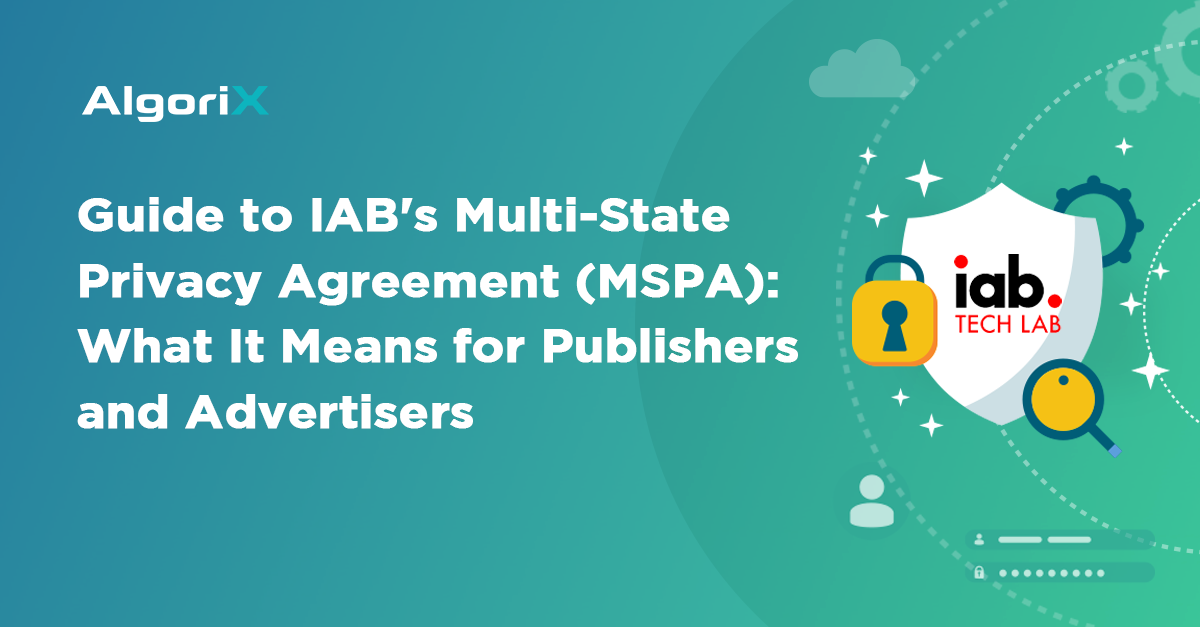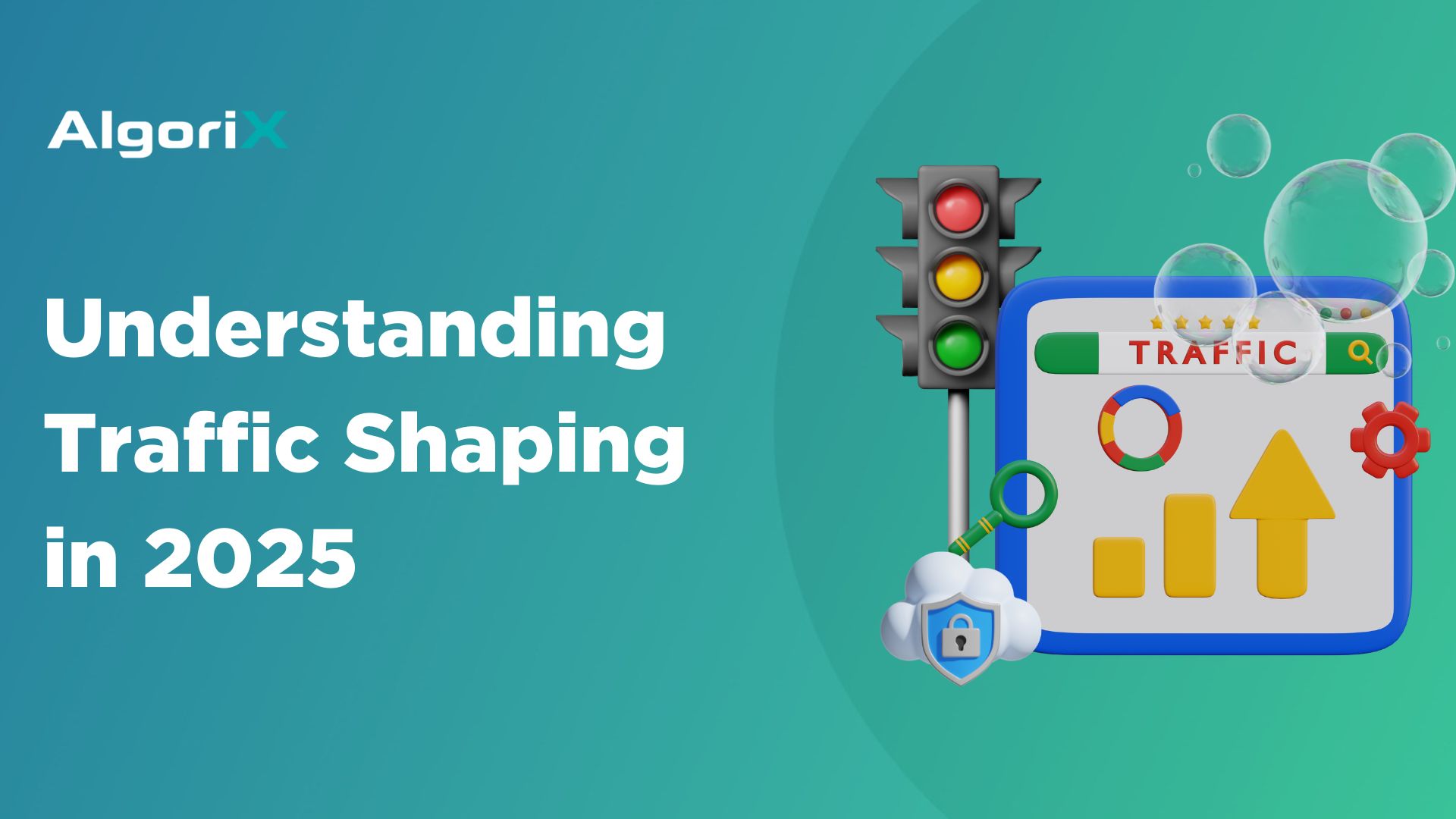The current landscape of user privacy is rapidly evolving due to the increasing number of privacy regulations worldwide. Organizations are facing challenges in protecting personal data and meeting regulatory requirements. With more and more users demanding greater privacy and transparency, businesses must adapt and comply.
The changing legal landscape of consumer data privacy laws like the California Consumer Privacy Act (CCPA) also affects user data ownership, allowing consumers more control over their data. It also imposes new obligations on businesses that collect and use that data.
Following CCPA’s passage, other states have also introduced data privacy legislation. The Virginia Consumer Data Protection Act (CDPA) which took effect on Jan. 1, 2023. It shares similarities with the CCPA in many ways and spurred other states to follow suit.
These new state-level privacy laws have created a complex patchwork of regulations that businesses must navigate. It can be challenging for companies that operate across multiple states. By the end of 2024, 75% of the world’s population will have personal data under modern privacy regulations.
As a result, organizations should focus on tackling the challenges of protecting personal data and meeting regulatory requirements. And this is what the Interactive Advertising Bureau (IAB) aims to address by formulating the Multi-State Privacy Agreement.
What is the MSPA, and why does it matter?
The MSPA is a revised edition of the IAB’s Limited Service Provider Agreement framework, initially developed to facilitate CCPA compliance. However, updated privacy regulations, such as the California Privacy Rights Act (CPRA), which modifies CCPA, require a more comprehensive approach.
The primary goal of the MSPA is to use specialized contractual language to address situations where contracts are not typically in place, such as between publishers and pixel providers, publishers and DSPs, and publisher ad servers and advertiser ad servers. The MSPA relies on a critical contractual distinction between “third parties” and “service providers.”
The framework also sets out requirements for how companies should do data collection and provide transparency. It provides a comprehensive framework for states to protect their citizens’ data from misuse or abuse. At the same time, it allows organizations to use this data for legitimate business purposes.
The new statutes in California, Colorado, Connecticut, Utah, and Virginia, follow a broader “rights-based” approach. This means individuals own their personal information and have the legal right to control it. More states are expected to follow, affecting organizations’ data collection, handling, and user privacy practices. When this happens, the user privacy landscape will be challenging for more organizations.
This has significant implications for publishers and advertisers, who must now adhere to stricter rules about data privacy or face potential legal consequences.
MSPA’s Impact on Publishers and Advertisers
As MSPA primarily focuses on privacy compliance, publishers and advertisers who use data extensively must rethink and recalibrate their strategies on how they can safely and securely handle and manage user data.
Increased data collection and usage transparency
Under the MSPA, businesses must detail disclosures about data collection and usage. This includes information about the types of data collected, the purposes of data collection, and any third parties accessing the data.
Businesses can increase transparency around data usage. For example, publishers providing this information to advertisers allow the latter to have a better understanding of the data they are working with. It also allows them to gain the trust of their users enough to provide first-party data. One survey showed that 84% of users willingly give information to organizations with transparent policies and practices. With the impending removal of third-party cookies, first-party data becomes more valuable.
MSPA requires businesses to implement data security measures that align with industry best practices. Businesses can increase transparency and give users greater confidence that their data is handled responsibly.
Consistent data handling practices
MSPA requires businesses to implement consistent data-handling practices across all states. This can reduce confusion and increase transparency for advertisers operating in multiple states. There’s assurance that data handling practices follow the same industry practice. With a uniform framework, it is easier for publishers and advertisers to manage data.
Maintain user privacy and targeting
The MSPA establishes relationships between service providers to support various use cases while respecting consumer opt-out preferences, including “sales” opt-out. These use cases include measurement, frequency capping, and programmatic advertising relying on contextual signals or first-party segments. If a consumer opts out, these activities cannot proceed unless a service provider agreement is in place, which the MSPA facilitates.
Advertisers that only work with service providers (without engaging in targeted advertising or sharing data) can benefit from the MSPA’s vast network of privacy-protective ad-tech firms that can act as service providers according to the MSPA’s terms.
AlgoriX’s Commitment to User Privacy
The IAB’s Multi-State Privacy Agreement (MSPA) is a major step forward in the effort to protect consumer privacy. It is a comprehensive agreement between advertisers, publishers, and other entities that sets out how personal data should be collected and used.
At AlgoriX, we understand the importance of protecting user data and privacy. We have continuously put user privacy first and strive to ensure that our users have complete control over their data. We constantly update our systems to ensure our users’ highest security and privacy.
That’s why, as part of the company’s commitment to global privacy and market transparency, we’ve recently signed IAB’s MSPA framework. In February of this year, AlgoriX also joined IAB Europe’s Transparency and Consent Framework (TCF).
Work with a reliable partner that’s always at the forefront of the industry’s best practices. Connect with our experts today!













